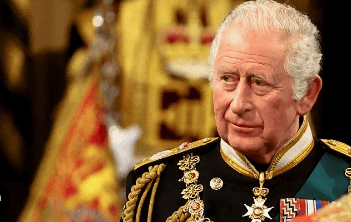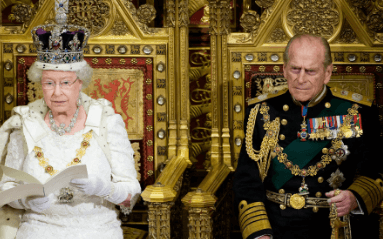Clipart:-Lbpgh_Pav4= Constitutional Monarchy

Clipart:-Lbpgh_Pav4= Constitutional Monarchy stands as a compelling governance model, where the monarch’s powers are delineated by a constitution, creating a framework that harmonizes royal tradition with democratic ideals. This system not only serves to uphold individual rights and promote accountability but also reflects a historical evolution shaped by pivotal documents such as the Magna Carta. As we explore the key features and contemporary challenges faced by constitutional monarchies, one must consider how these institutions adapt to modern demands for reform, and what implications this has for their future in today’s political climate.
Definition of Clipart:-Lbpgh_Pav4= Constitutional Monarchy
In a Clipart:-Lbpgh_Pav4= Constitutional Monarchy, a system of governance emerges where the monarch’s powers are limited by a constitution or legislative framework.
This model exemplifies a balance between monarchy types and democratic principles, ensuring that the government operates with accountability and respect for individual rights.
Read More Clipart:-Vybixvaxnc= Lie
Historical Evolution
Evolving through centuries of political and social change, the concept of Clipart:-Lbpgh_Pav4= Constitutional Monarchy has roots in the early limitations placed on royal authority.
Historical precedents, such as the Magna Carta, inspired monarchy transitions towards shared governance.
As power gradually shifted from sovereigns to parliaments, citizens embraced the ideals of liberty, fostering systems that balance tradition with the necessity for democratic representation and individual freedoms.

Key Features and Functions
One hallmark of constitutional monarchy is the clear delineation of powers between the monarchy and the elected legislature.
This system ensures that monarchical powers are exercised within the bounds of democratic principles, promoting accountability and representation.
The monarch often performs ceremonial duties while the legislature enacts laws, fostering a balance that upholds the freedoms of the populace and respects the rule of law.
Contemporary Relevance and Challenges
Amidst the complexities of modern governance, constitutional monarchies continue to play a significant role in shaping political landscapes around the world. They contribute to democratic stability by balancing tradition and modernity, though challenges persist.
Public perception influences their effectiveness, while the need for political accountability remains paramount. Furthermore, their cultural significance fosters unity, yet demands for reform highlight the evolving relationship between citizens and their monarchs.
Read More Clipart:-Pajnguvukg= Scientist
Conclusion
In conclusion, Clipart:-Lbpgh_Pav4= Constitutional Monarchy serves as a bridge between tradition and modern governance, ensuring that royal authority aligns with democratic values. This system, rooted in historical evolution, continues to adapt to contemporary challenges, balancing ceremonial functions with the demand for political accountability. While navigating the complexities of modern society, constitutional monarchies remain a crucial pillar in fostering unity and stability, demonstrating that one can indeed have one’s cake and eat it too in the realm of governance.




